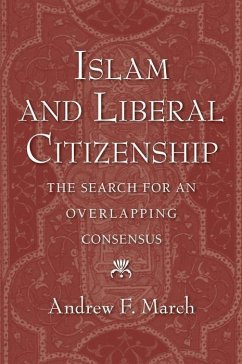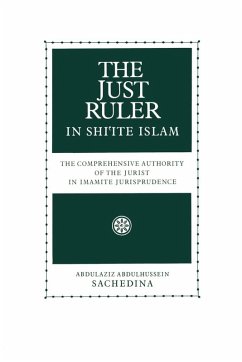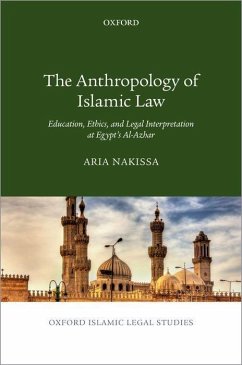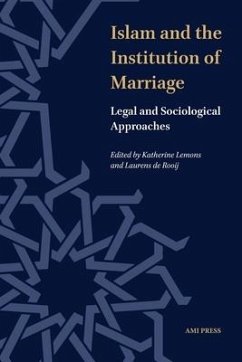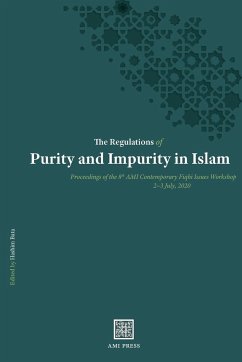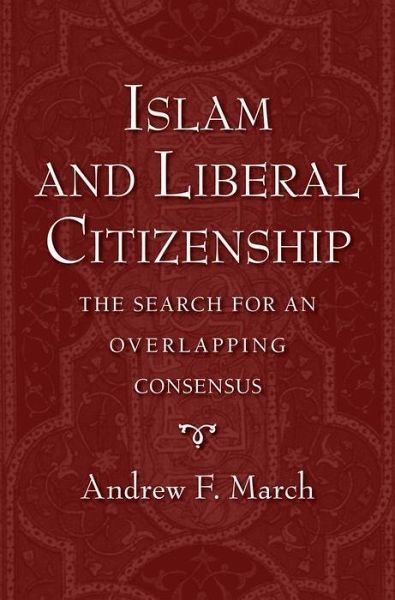
Islam and Liberal Citizenship
The Search for an Overlapping Consensus
Versandkostenfrei!
Versandfertig in 1-2 Wochen
106,99 €
inkl. MwSt.
Weitere Ausgaben:

PAYBACK Punkte
53 °P sammeln!
Some argue that Muslims have no tradition of separation of church and state and therefore can't participate in secular, pluralist society. At the other extreme, some Muslims argue that it is the duty of all believers to resist western forms of government and to impose Islamic law. Andrew F. March demonstrates that there are very strong and authentically Islamic arguments for accepting the demands of citizenship in a liberal democracy, many of them found even in medieval works of Islamic jurisprudence. In fact, he shows, it is precisely the fact that Rawlsian political liberalism makes no claim...
Some argue that Muslims have no tradition of separation of church and state and therefore can't participate in secular, pluralist society. At the other extreme, some Muslims argue that it is the duty of all believers to resist western forms of government and to impose Islamic law. Andrew F. March demonstrates that there are very strong and authentically Islamic arguments for accepting the demands of citizenship in a liberal democracy, many of them found even in medieval works of Islamic jurisprudence. In fact, he shows, it is precisely the fact that Rawlsian political liberalism makes no claims to metaphysical truth that makes it appealing to Muslims.





